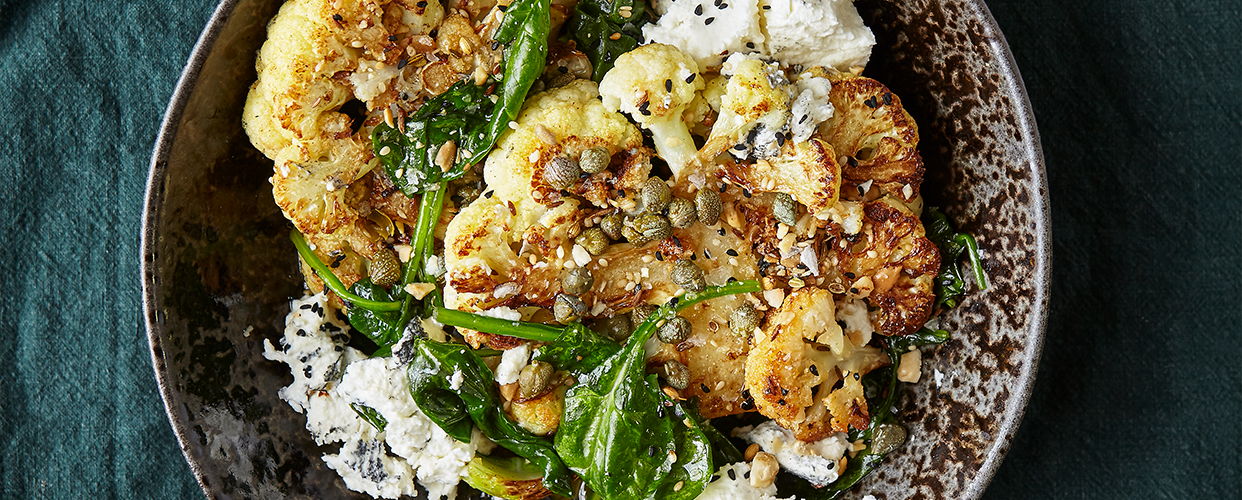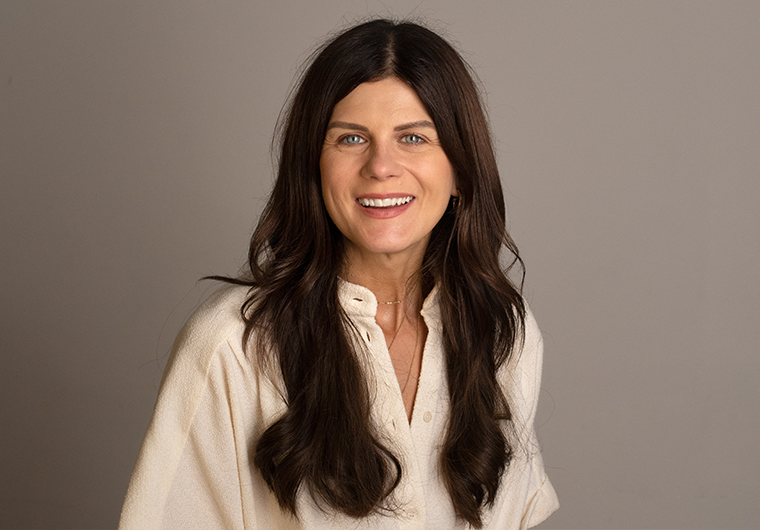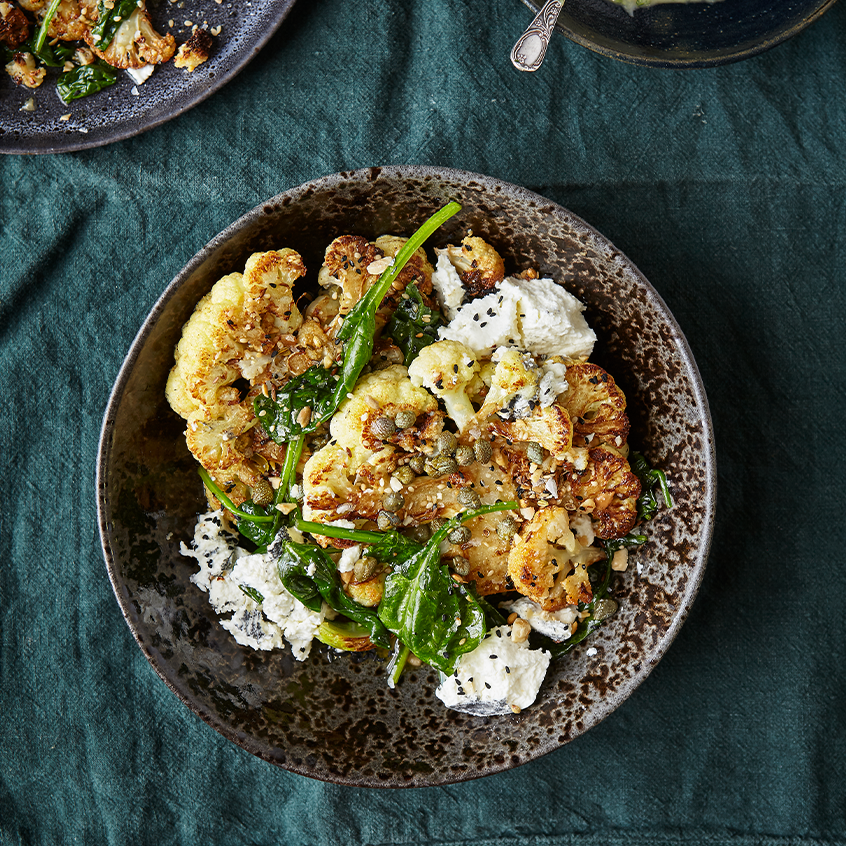
The Gut-Brain Connection
Extracted from Happy Gut, Happy Mind by Eve Kalinik.


It is highly likely that you will have experienced that ‘fluttery’ feeling deep in your gut, commonly described by the idiom ‘butterflies in the stomach’. It is one of our natural instincts in anticipation of something we find challenging, nerve-wracking or even exhilarating.
You may have encountered this sensation in situations such as delivering a big presentation, preparing to sit an exam or as part of first-date nerves. This is the physical reaction when we are faced with something that causes us some level of trepidation or heightened anxiety.
You might therefore think that this is purely an emotionally driven and brain-dependent ‘gut feeling’, but there is a much deeper and meaningful connection to our gut; one that affects how we think, feel and even behave.
It is our gut microbiota, as it has a momentous and highly influential role in how our brain operates. So, rather than imagining butterflies in the stomach, it is much more accurate to contemplate the colossal numbers of microbes in the gut. When we talk about the gut–brain connection, we really need to think about it as more of a menáge-à-trois between the microbiota, gut and the brain.
The link between our microbiota, gut and brain depends on their working and communicating together as a trio for the greater good. Our gut microbes can interact with our brain in many ways, and it’s clear just how much the microbiota and its trillions of microbial ‘minds’ uses its very own intelligence system to influence our thoughts, feelings and behaviour.
There’s no doubt that having a rich and thriving gut microbiome supports a more positive outlook for the health of our body and our brain. We crucially rely on all these forms of communication from our gut microbes for both our physical and mental wellbeing. It seems that a well-nourished gut microbiome supports a well-nourished mind.
This knowledge might lead us to totally reconsider what ‘gut intuition’ really means, and perhaps to better trust that innate instinct, knowing that our gut bugs have a sizeable impact on how we think and feel. In many regards they are the ones in the driving seat.
I rather like a quote from Professor John Cryan: ‘If microbes are controlling the brain, then microbes are controlling everything.’

